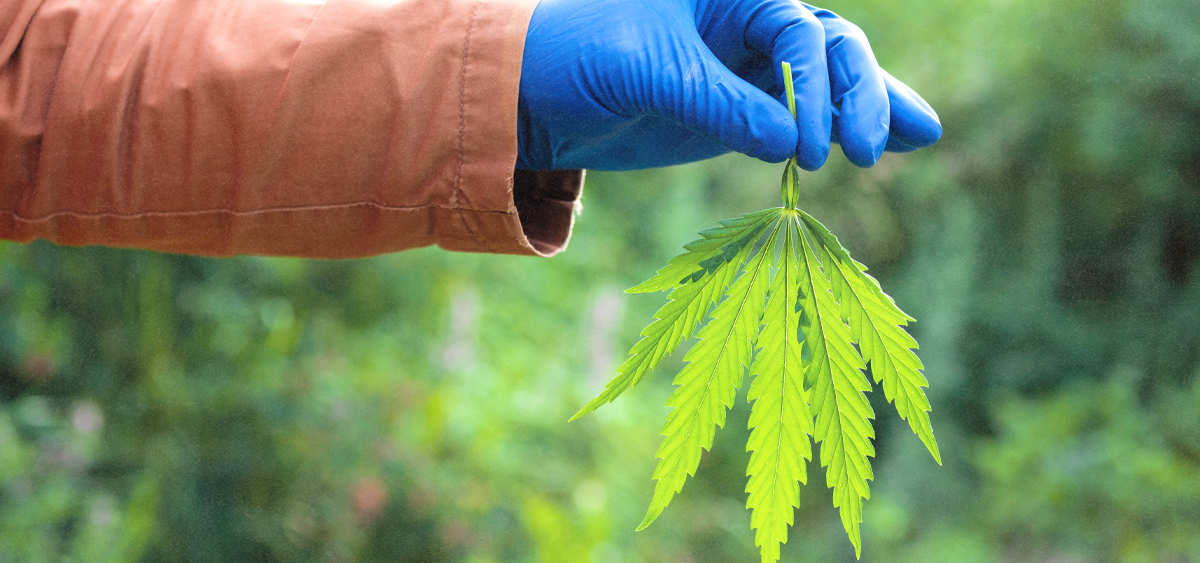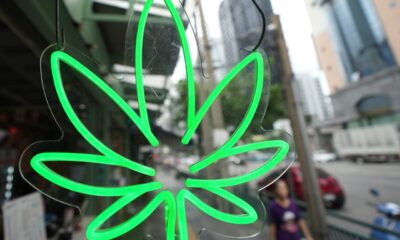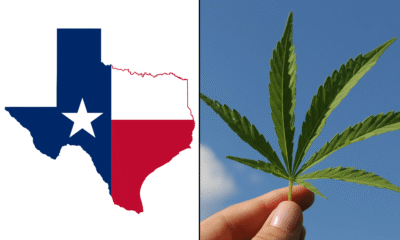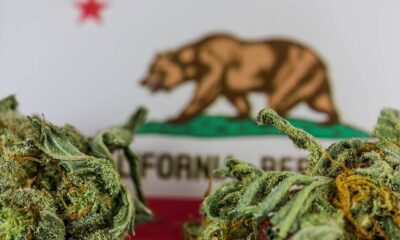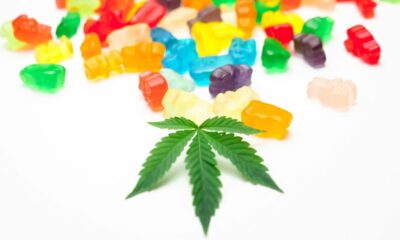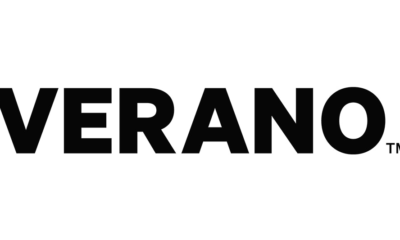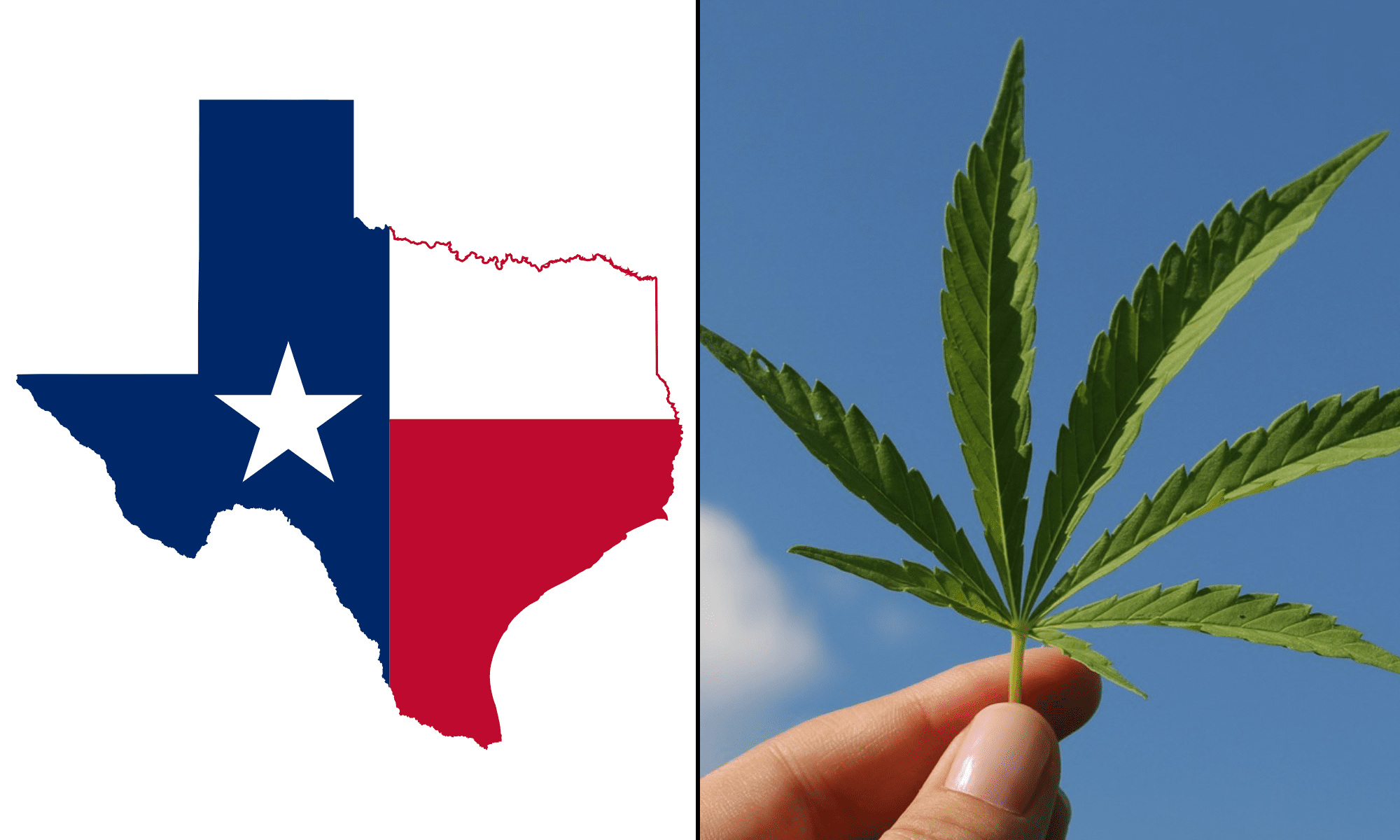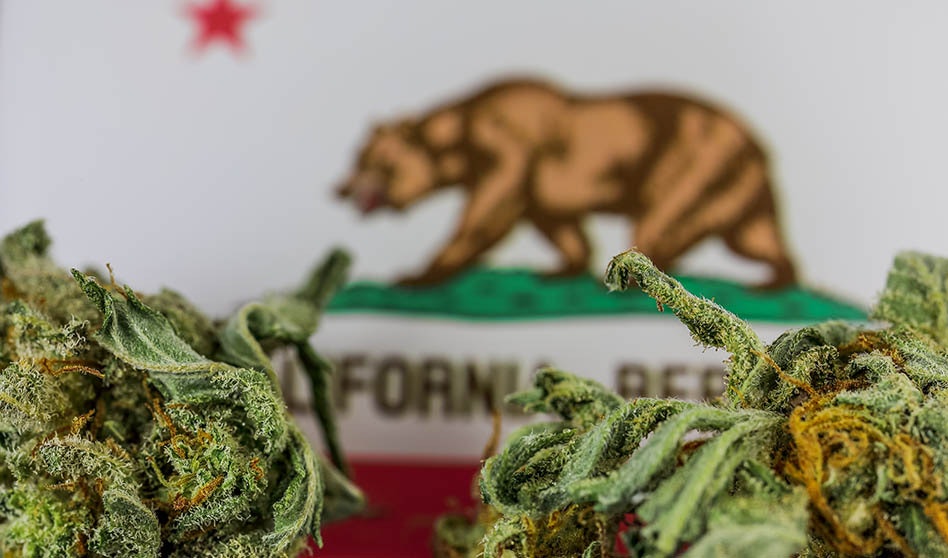California lawmakers are shutting the door on delta-8 and delta-10 THC entirely, while other intoxicating hemp products will no longer be sold in smoke shops, gas stations and convenience stores in the name of public health and safety.
Pending Gov. Gavin Newsom’s signature, Assembly Bill 8 will outlaw synthetic cannabis products and inhalable cannabis products containing cannabinoids derived from hemp. The Assembly voted, 73-1, to concur with Senate amendments on Sept. 13, after the upper chamber voted, 37-0, the previous day to pass the bill.
Sponsored by Assembly Majority Leader Cecilia Aguiar-Curry, D-Winters, the 82-page legislation also seeks to expand the authority for state and local enforcement agencies to inspect, seize and destroy unlawful products.
In addition, it would integrate products containing concentrated cannabinoids derived from hemp, other than CBD isolate, into the state’s licensed and regulated cannabis supply chain. Aside from a pure CBD isolate, all other products would fall under the definition of a cannabis product.
Now being prepared for the governor, these provisions in the bill include an effective date of Jan. 1, 2028.
Sen. Angelique Ashby, D-Sacramento, presented the legislation for a third reading on Sept. 12 in the upper chamber.
“A.B. 8 seeks to protect public health by eliminating access to intoxicating hemp products outside of authorized dispensaries,” she said. “[The bill] will give state agencies and local governments the tools they need to protect our kids from synthetic products.”
The bill’s passage follows executive action by Newsom in September 2024, when he issued emergency regulations to require that hemp food, beverage and dietary products intended for human consumption have no detectable THC or other intoxicating cannabinoids per serving, create a minimum age to purchase hemp products to 21, and limit the number of servings of hemp products to five per package.
“We will not sit on our hands as drug peddlers target our children with dangerous and unregulated hemp products containing THC at our retail stores,” Newsom said at the time. “We’re taking action to close loopholes and increase enforcement to prevent children from accessing these dangerous hemp and cannabis products.”
In June 2025, the California Department of Public Health (CDPH) issued a notice of proposed rulemaking to follow through, estimating that the ban would cause 115 businesses to close and more than 18,400 jobs to be lost within five years of implementation, with more than $3.1 billion in lost revenue.
When the state Assembly passed A.B. 8 that same month, before sending it over to the Senate, Aguiar-Curry said her 2025 bill aimed to remedy the unintended consequences of legislation that she authored in 2021 to create a “well-regulated and safe hemp market” for Californians.
“Bad actors have abused it to sell intoxicating hemp products outside dispensaries and without age limits. This is illegal and is absolutely unacceptable,” Aguiar-Curry said in June. “A.B. 8 is an important step forward in protecting our kids and ensuring intoxicating products are sold safely and legally. By closing dangerous loopholes, we’re reinforcing our commitment to responsible regulation and supporting struggling legal businesses competing with illegal markets.”
Intoxicating hemp products, which often aren’t subject to the excessive tax or regulatory structures of state-sanctioned cannabis markets, undercut businesses that pay a premium to operate and provide meaningful state and local funding. Under A.B. 8, all concentrated cannabinoids derived from hemp, other than CBD isolate, would be subject to the state’s 15% excise tax.
While A.B. 8 represents a victory for California’s licensed cannabis businesses, the triumph could have been greater.
In particular, a Senate amendment removed language from the bill that would have repealed the requirement for the California Department of Tax and Fee Administration (CDTFA) to increase the cannabis excise tax to make up for lost revenue from the 2022 elimination of the state’s cannabis cultivation tax.
While the state’s excise tax automatically increased from 15% to 19% on July 1 due to a budget trailer that Newsom orchestrated in 2022, California lawmakers passed legislation this session to roll back that rate to 15% and suspend the CDTFA from increasing it until at least June 30, 2028. That bill is also heading to Newsom’s desk.
RELATED: California Cannabis Excise Tax Going Back to 15% Next Month, Pending Governor’s Signature
The Senate also amended A.B. 8 to clarify that cannabinoid products derived exclusively from industrial hemp may be shipped through the state without entering the licensed market—provided they are not sold in California—or shipped out of California by a licensee. This aligns with interstate commerce protections provided in the 2018 Farm Bill, which federally legalized commercial hemp cultivation.
Another Senate amendment provides that, until Jan. 1, 2028, licensed cannabis manufacturers can only use cannabinoid concentrates and extracts that are manufactured or processed exclusively from cannabis obtained from a licensed cultivator.
In a bill analysis, lawmakers referenced a February 2025 white paper titled The Great Hemp Hoax, which was co-authored by Tiffany Devitt, a board member for the California Cannabis Operators Association (CaCOA) and the director of regulatory affairs for licensed retailer March and Ash. The white paper included an analysis of 104 products marketed as hemp from 68 brands, finding that 95% contained chemically synthesized cannabinoids.
Two California retailers, March and Ash and Embarc, and the United Food and Commercial Workers (UFCW) Local 135 sponsored the report, with testing provided by Infinite Chemical Analysis Labs.
“Additionally, over 88% of tested products exceed the maximum amount of THC allowed to be classified as hemp products in California,” according to the A.B. 8 analysis. “The white paper found that, on average, vape products supposedly derived from hemp had THC equivalency levels 268% above the state’s threshold for adult-use cannabis.”
In opposing A.B. 8, the Hermosa Coalition for Drug-Free Kids argued that Californians never voted to legalize intoxicating hemp products when they passed Proposition 64 to legalize adult-use cannabis in the November 2016 election.
“We are also opposed to integration because the data on the harms of these products are only continuing,” the coalition wrote. “Additionally, California’s legal cannabis industry is very poorly regulated. How on earth can it handle hemp? THC is THC. Whether it’s from marijuana or hemp, it is wreaking all kinds of public health harm.”
The California Department of Cannabis Control (DCC) reported that the legislation would cost roughly $2.5 million to implement next fiscal year and approximately $5.8 million in ongoing annual costs, according to the California Senate Appropriations Committee, which approved the bill in a unanimous vote last month.
Amy O’Gorman Jenkins, the executive director of the CaCOA, which sponsored A.B. 8, called the Legislature’s passage “a big win.”
“By bringing hemp-derived THC products under proper oversight while preserving access to safe non-intoxicating products, we are one step closer to finally creating a level playing field our licensed cannabis businesses deserve,” she said. “A.B. 8 draws a clear line: In California, intoxicating hemp products should no longer undercut public health, youth safety or the integrity of our legal cannabis market.”

